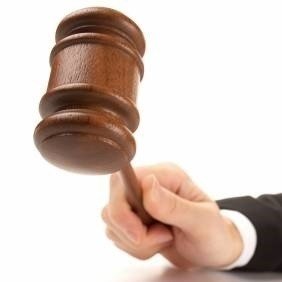
In criminal law, evidential support is relatively uncomplicated. Aside from facts and testimonies, the proceedings also revolve around, among others, the very telling implications of material objects. Family law issues, on the other hand, entail more subtlety as child care matters and intimate partner relations can be much more nuanced. This is why the justice system is quite careful with the consideration of who can serve as an expert witness. The Children and Families Act of 2014 for instance excludes social workers, Cafcass officers and Guardians from the scope of expert evidence.
Given the fragile, sometimes elusive nature of the field, it is no surprise that approved psychologists are among those allowed to play the role. But with rights there are also duties, and there must be guidelines. Hence the Family Justice Council alongside the British Psychological Society has produced an official guide called “Psychologists as expert witnesses in the Family Courts in England and Wales: Standards, competencies and expectations” providing information for stakeholders regarding the use of psychologists as expert witnesses in family courts. Psychologist witnesses are obliged to act in the best interests of all involved with focus on the child’s well-being, to respect confidentiality, to keep their professional skills up to date, to act within the limits of their competencies, and to behave with honesty and integrity.
The following definition is quoted in the document: “An expert is a person who, through special training, study or experience, is able to furnish the Court, tribunal or oral hearing with scientific or technical information which is likely to be outside the experience and knowledge of a Judge, magistrate, convenor or jury.” Their assistance in family proceedings takes the form of developmental, social, relational and neuropsychological assessments. This recent development by the FJC and the BPS has been very much needed, as back in 2012 there was widespread criticism of how inept many of the so-called experts were. It is massively unfair to claim that a parent cannot care for a child, or to insist that a certain party possesses a personality disorder, without any authentic or sincere foundation for the such statements which are automatically lent credibility by virtue of coming from an “expert”.
Lucy Allan – formerly a prospective MP – was branded an unfit mother by a psychiatrist that neither she nor her son had ever even met. According to Dr. Emma Whicher, via an anonymous consultation initiated by Wandsworth social services, Allan’s temporary period of depression would entail “a significant risk of harm” to the 11-year old child. The arguably baseless concerns eventually jeopardised her career as she quit as school governor and removed herself from the Prime Minister’s list of candidates. The Wandsworth council accepted Dr. Whicher’s opinion with minimal regard for other aspects of Allan’s parenting abilities. Although ultimately no action was taken since teachers verified that the boy was doing extremely well in school and the NHS reported that Allan posed no risk to anyone, the point remains that it is now all on record – and not just the court record, the public record too.
Family law cases are already generated by internal turmoil, with tensions, problems and instabilities stemming from within. The last thing we need is to add insult to injury by further aggravation from the very external experts tasked to help achieve a just resolution.

